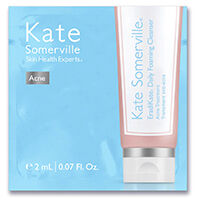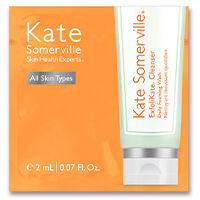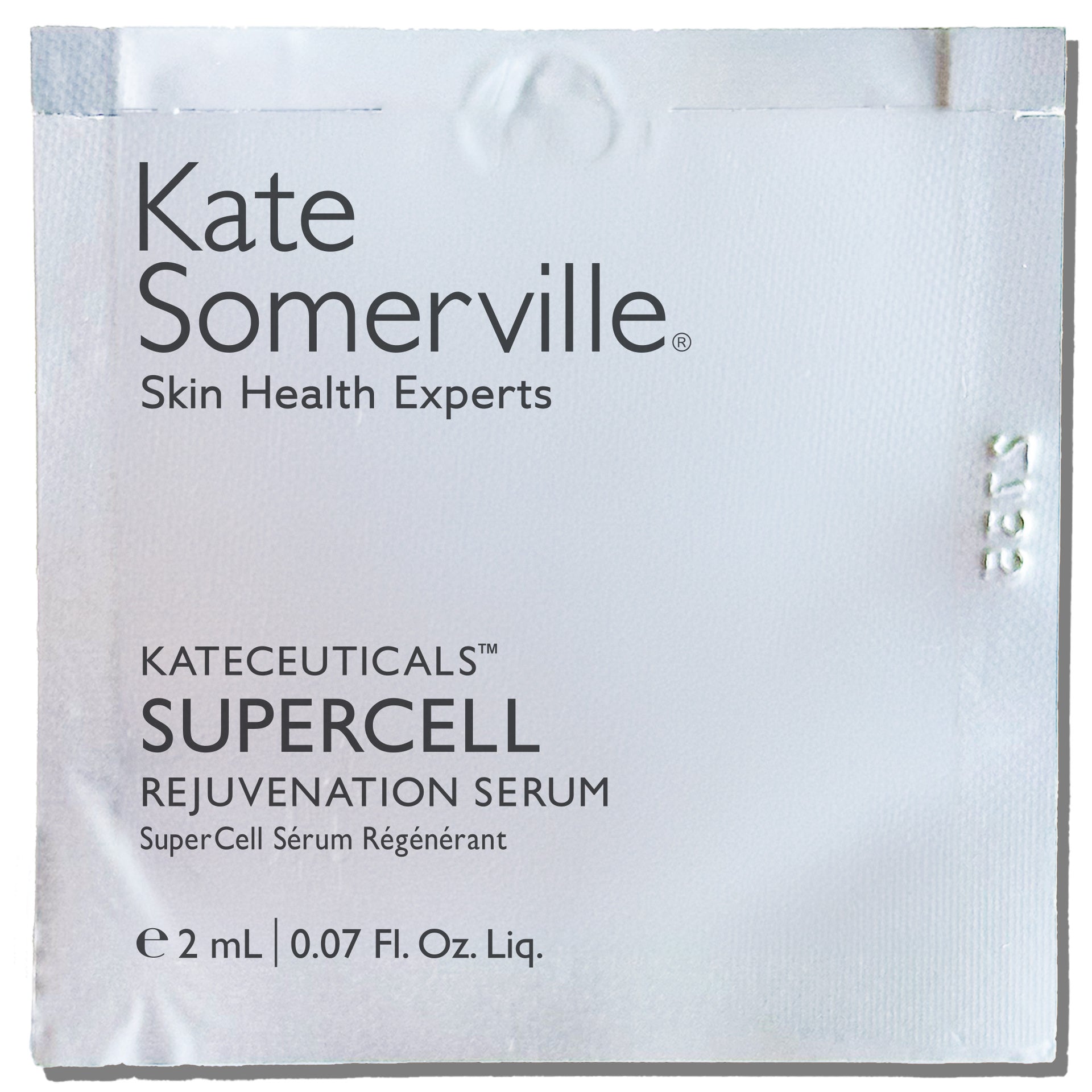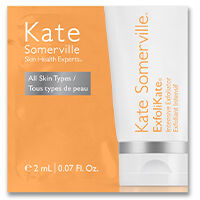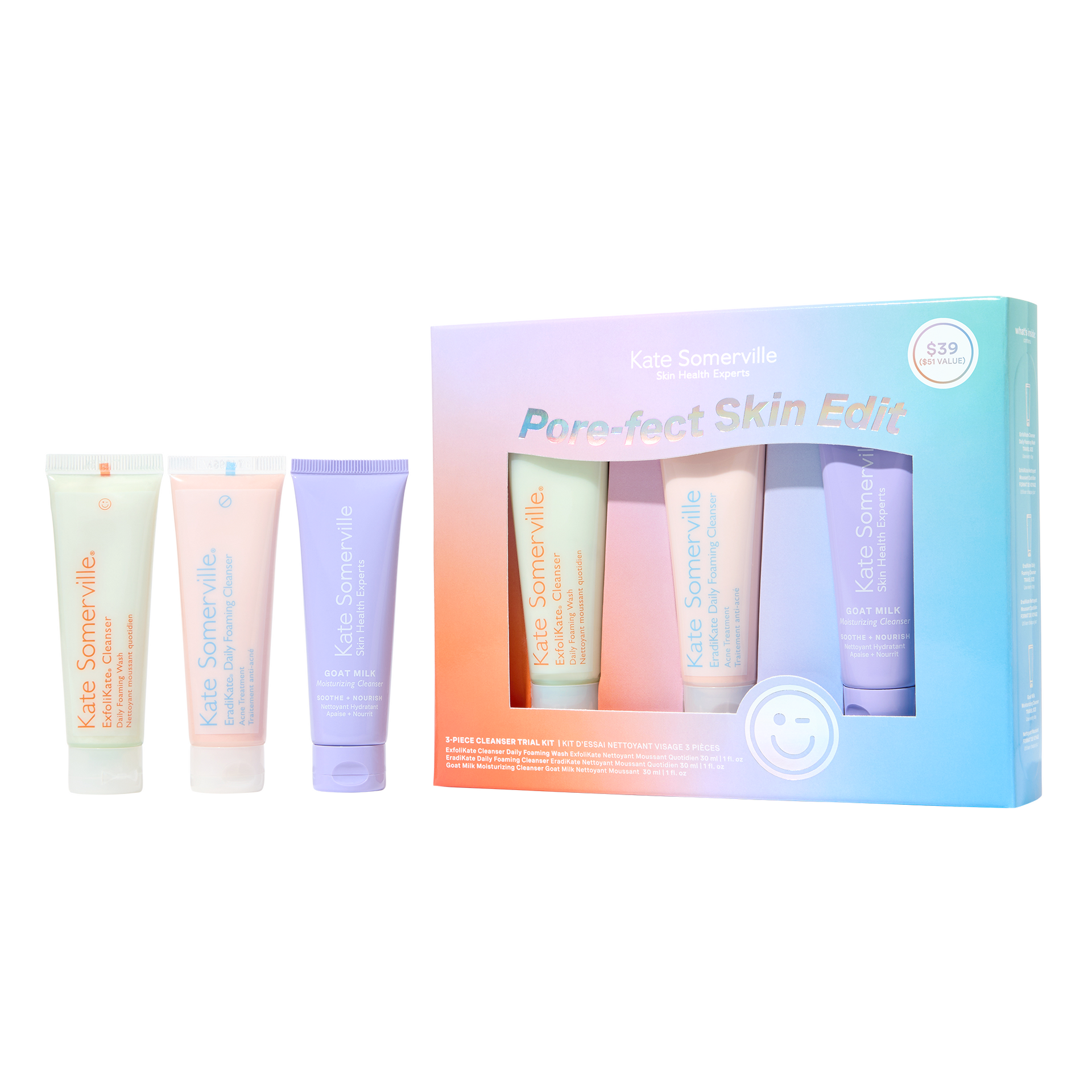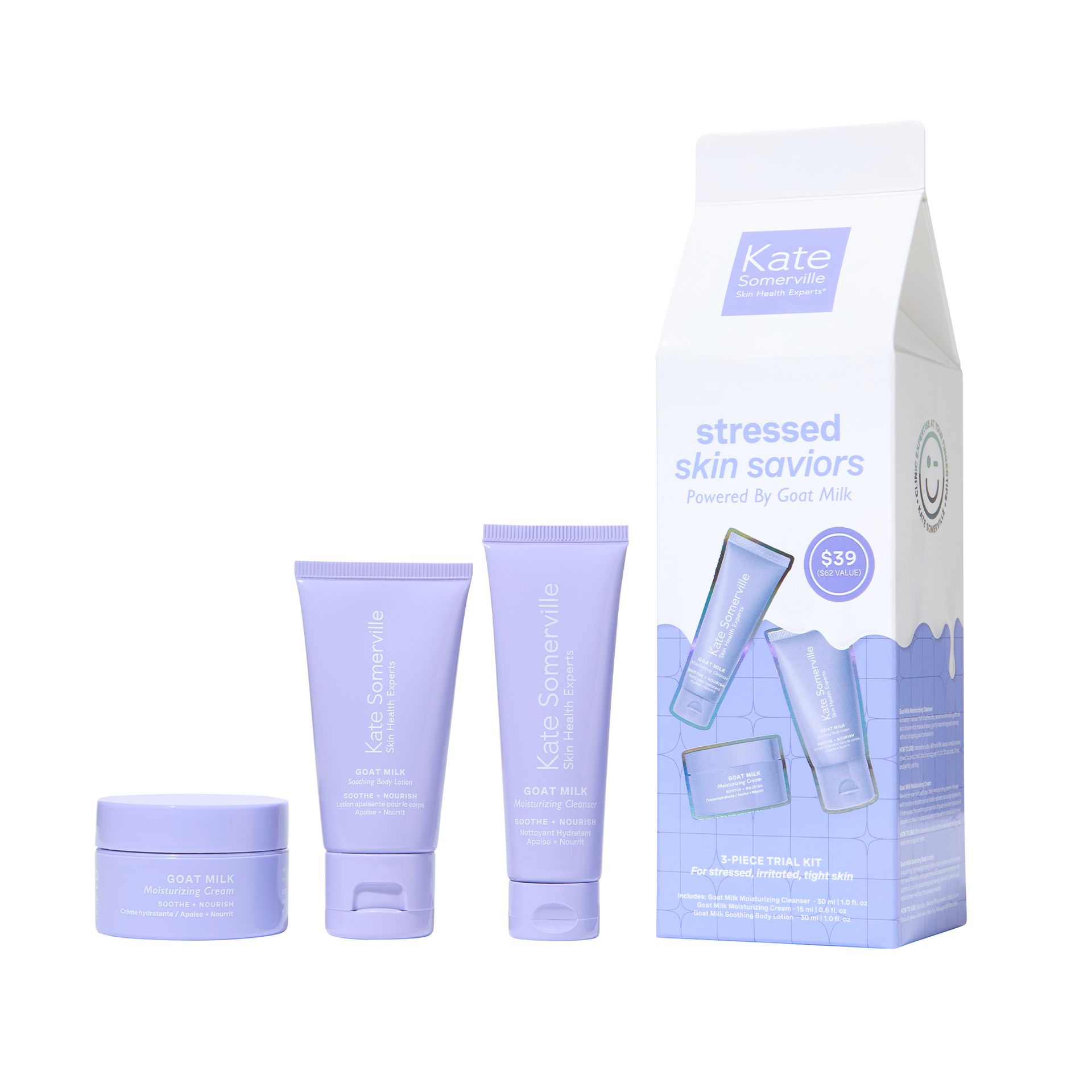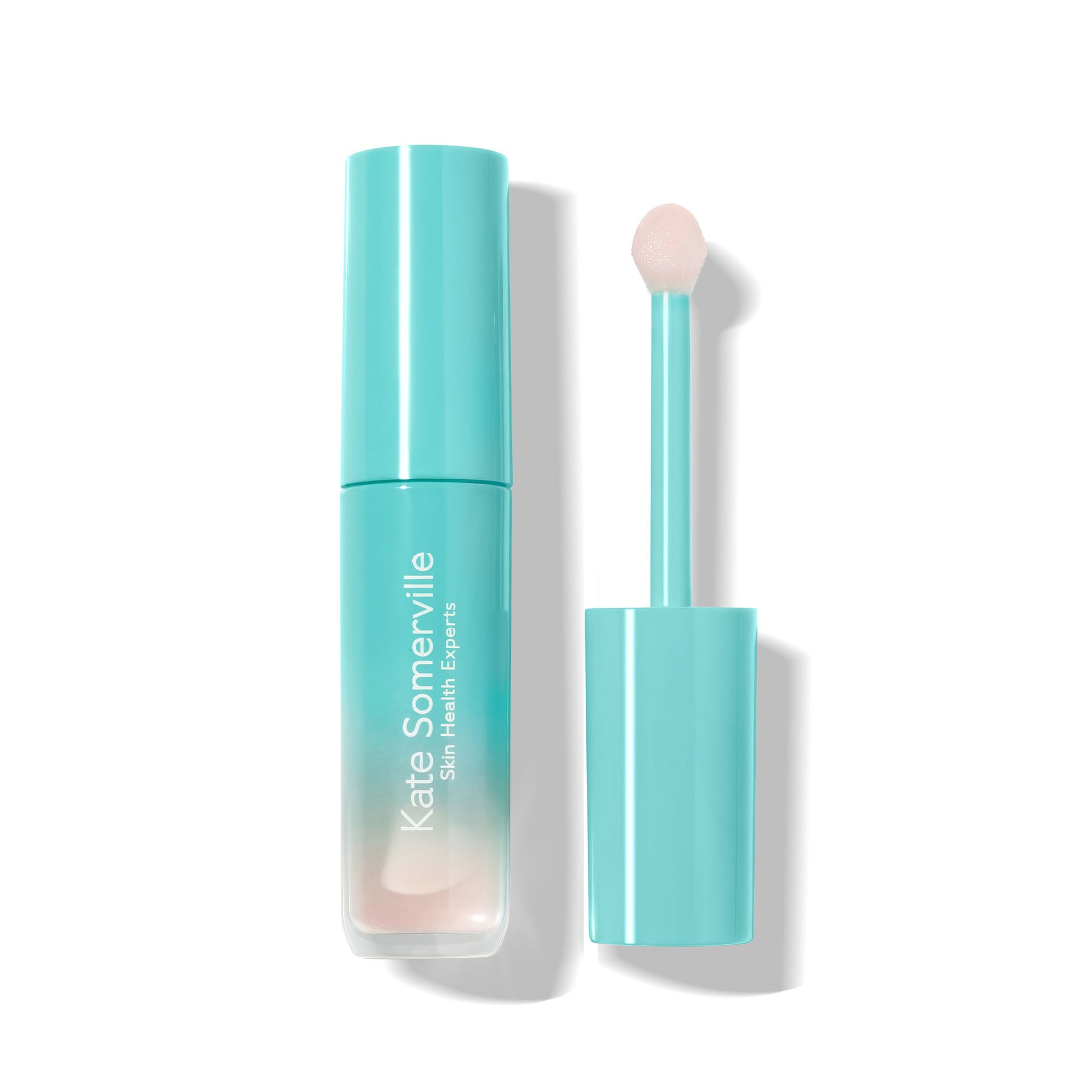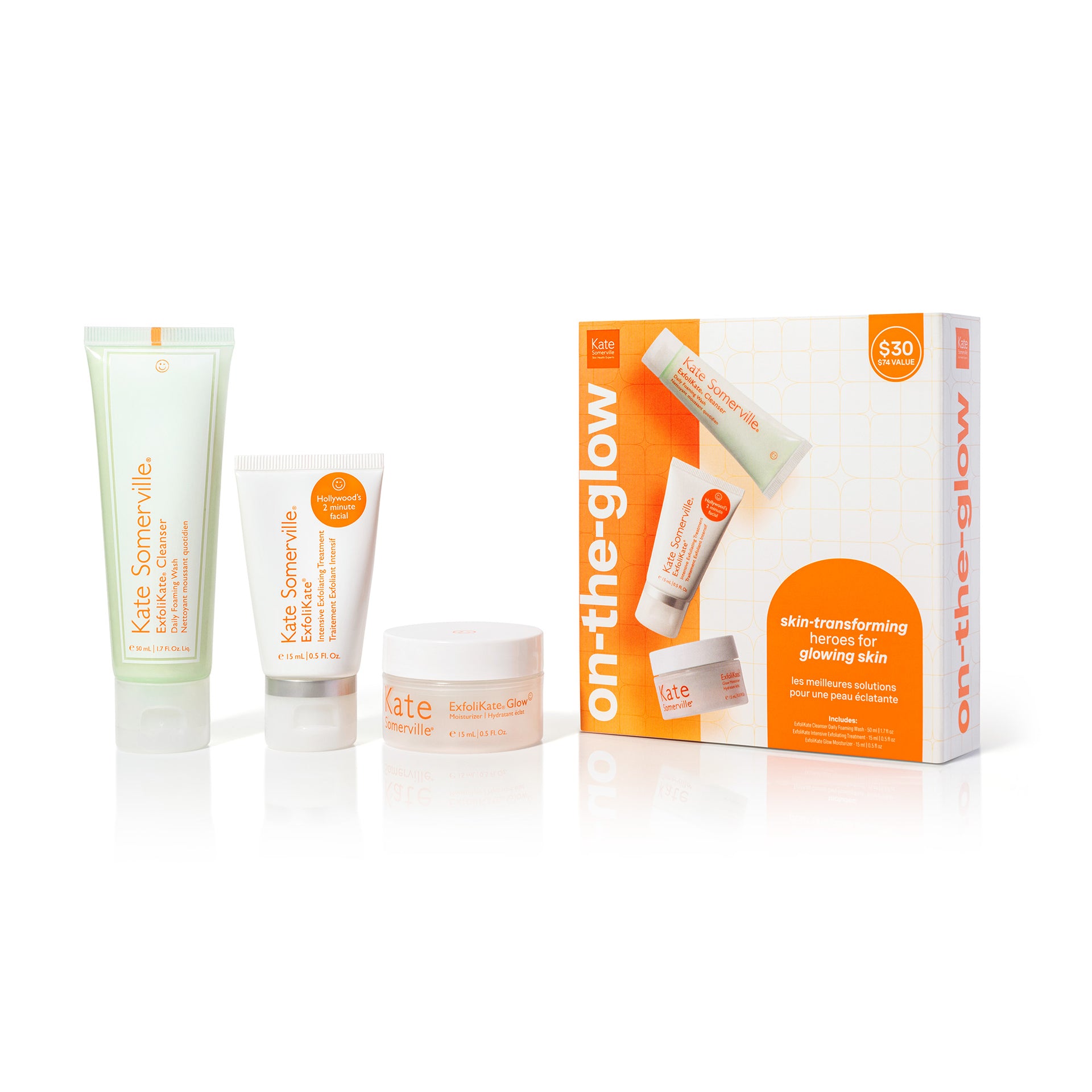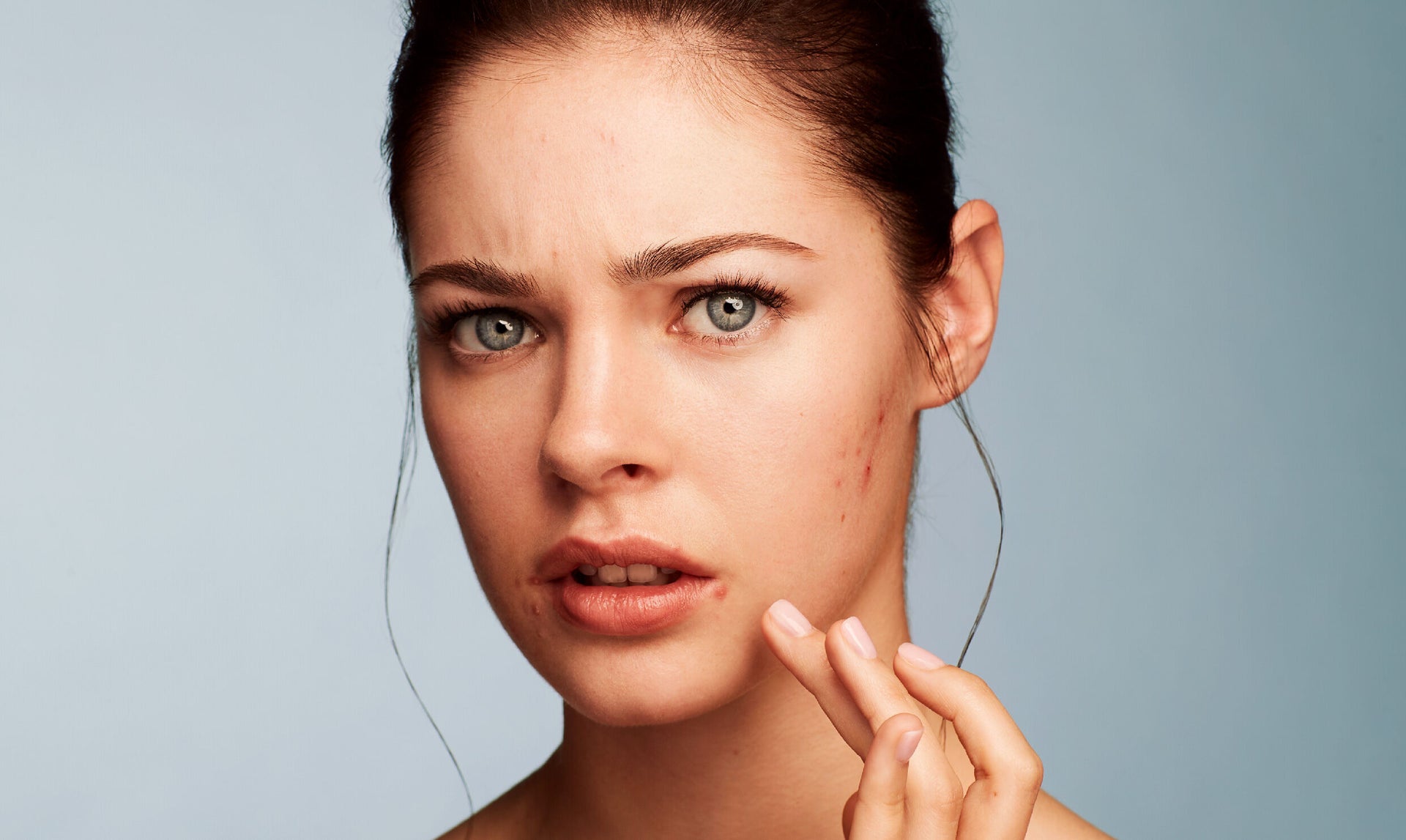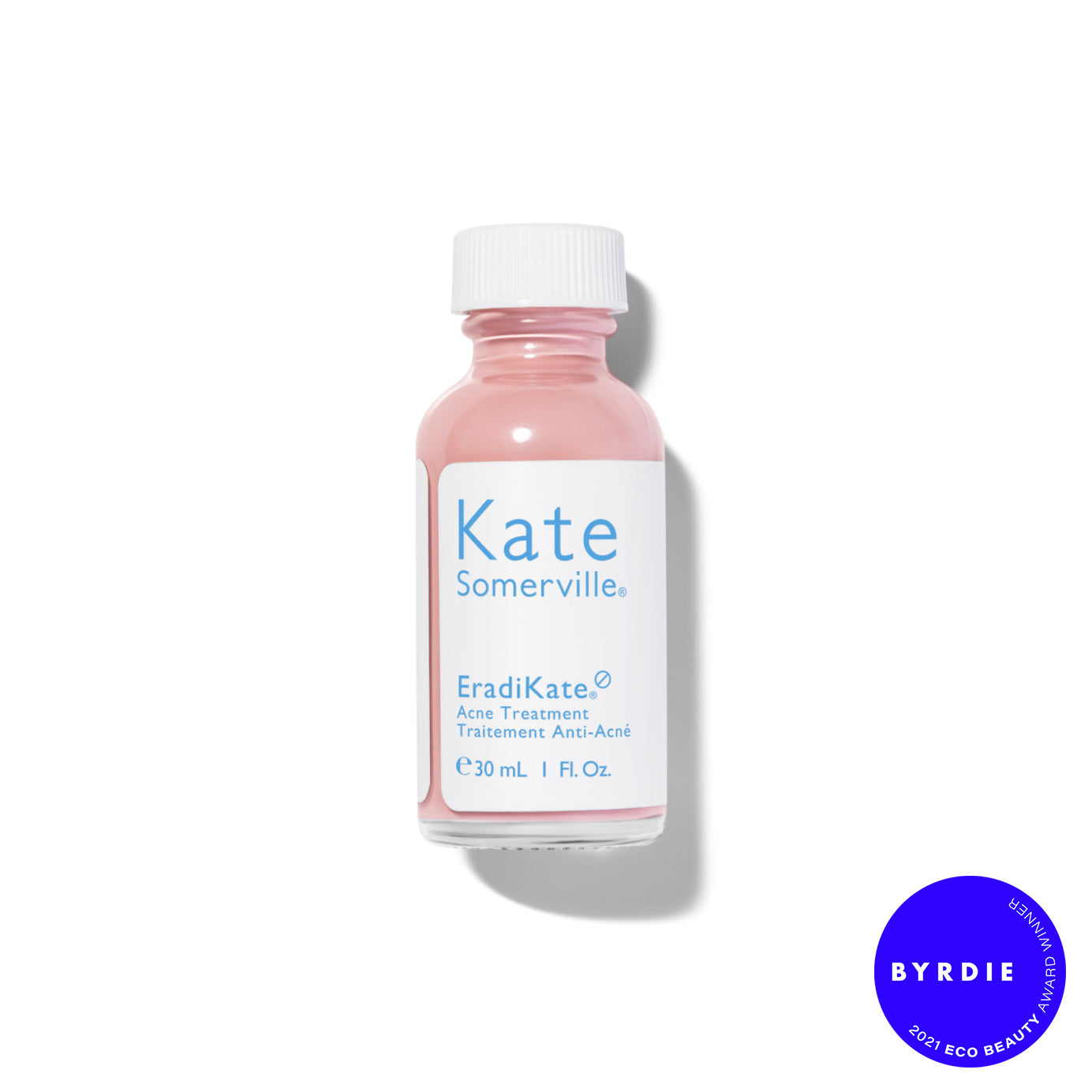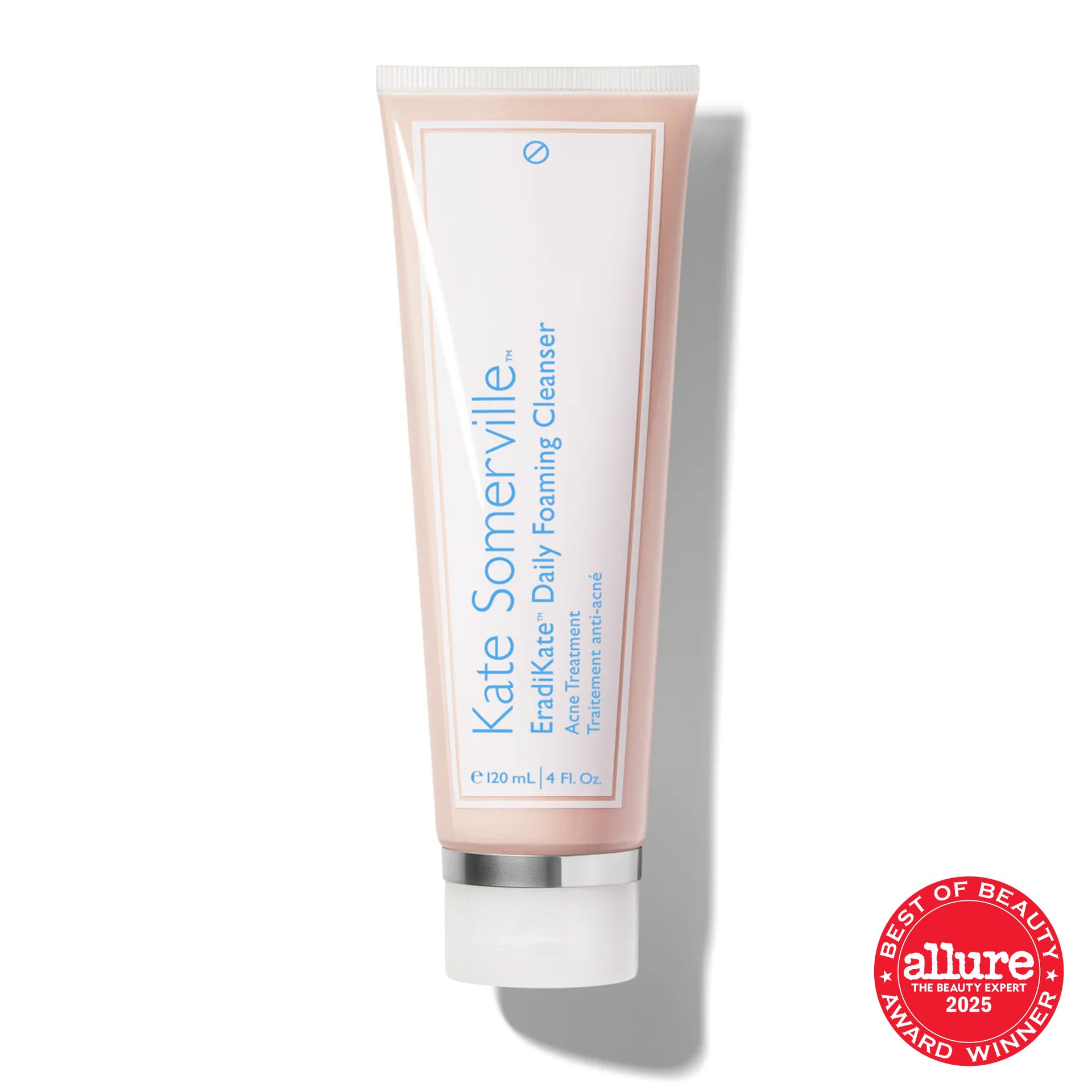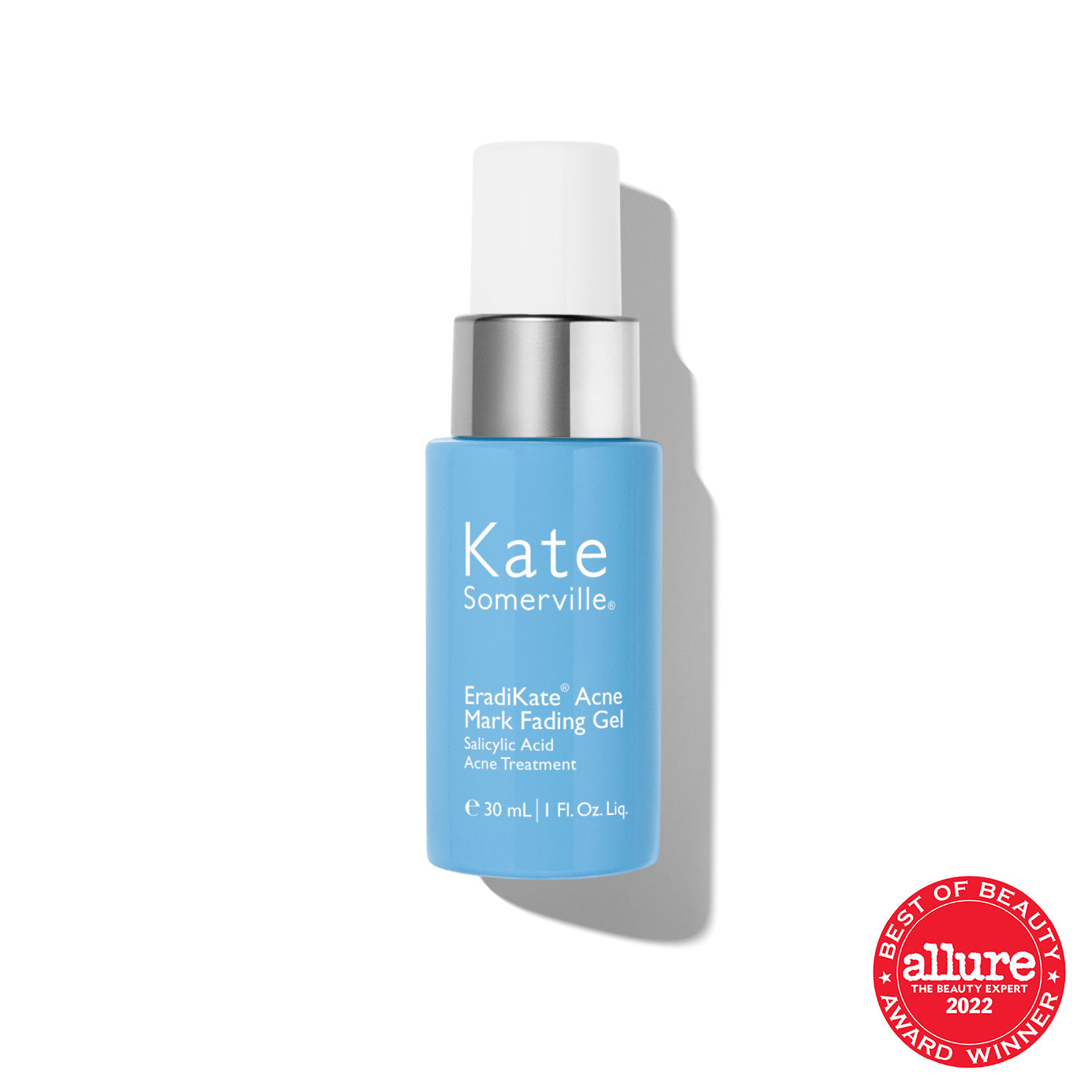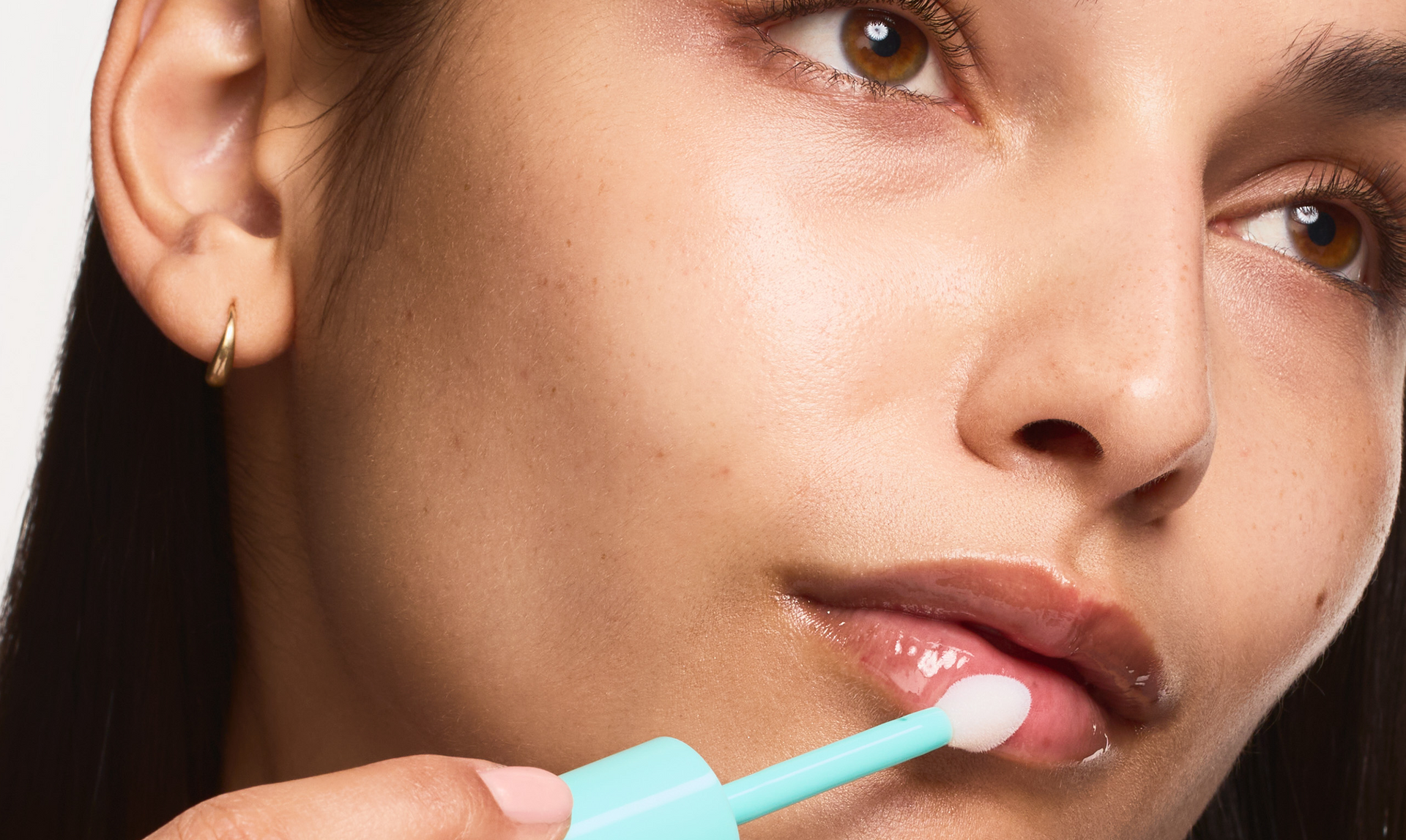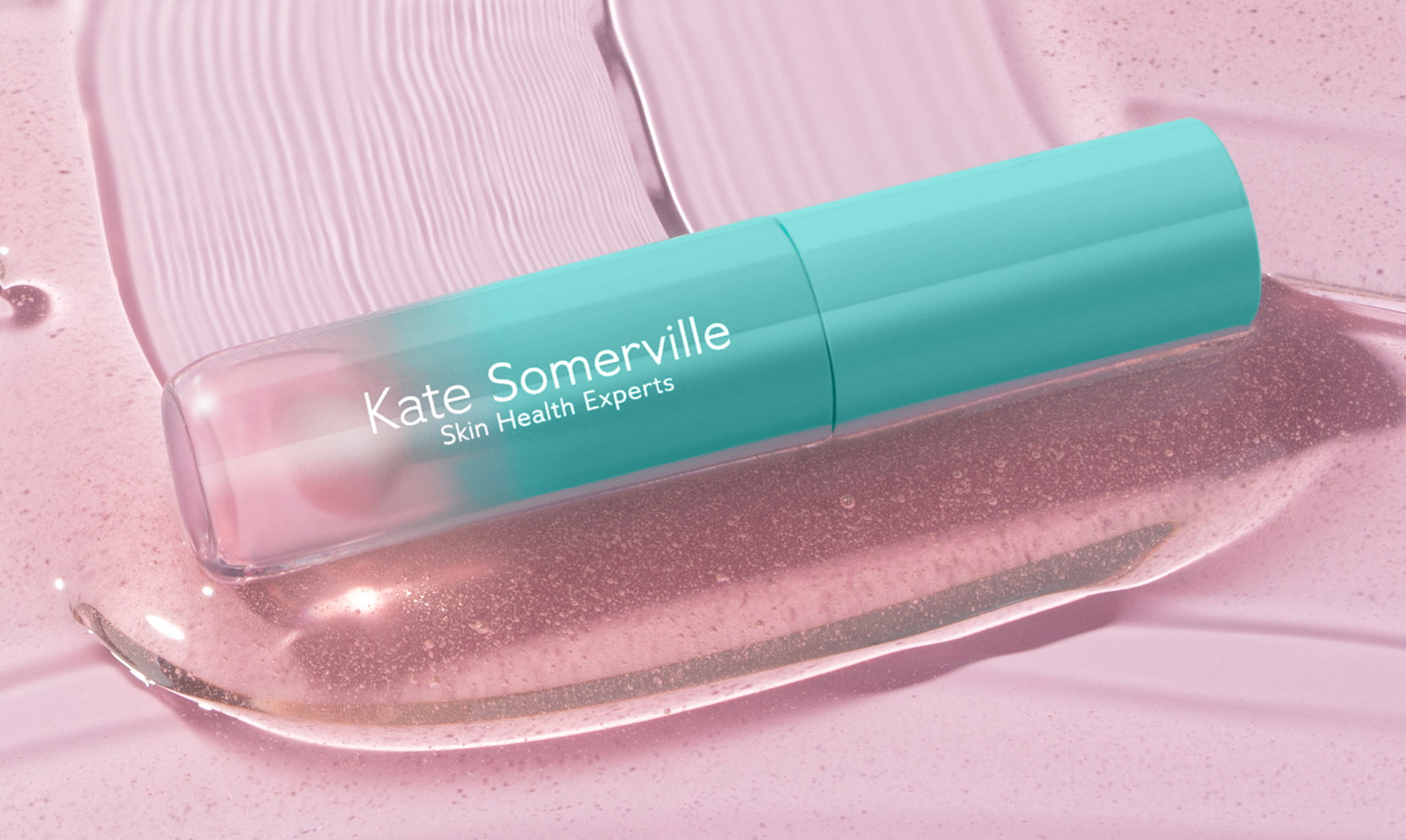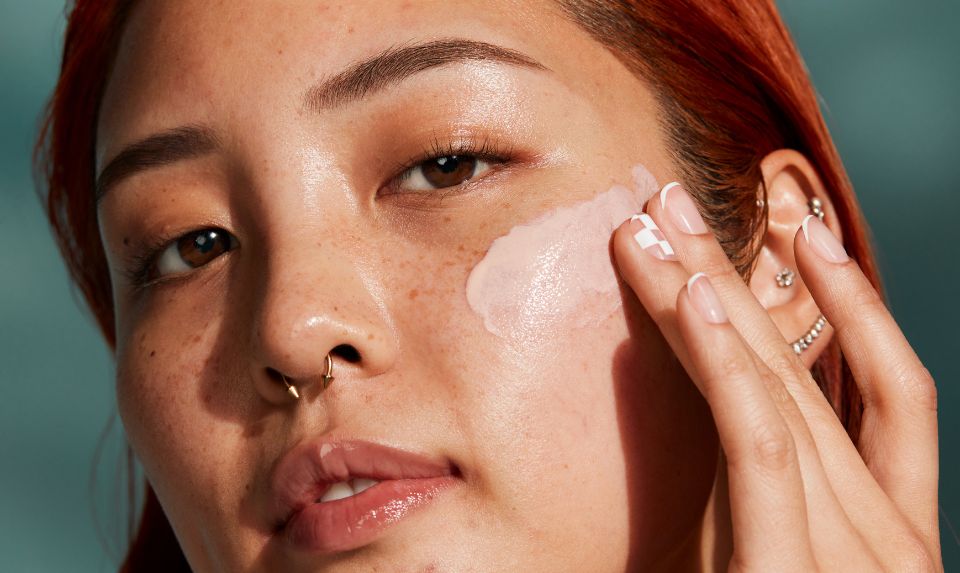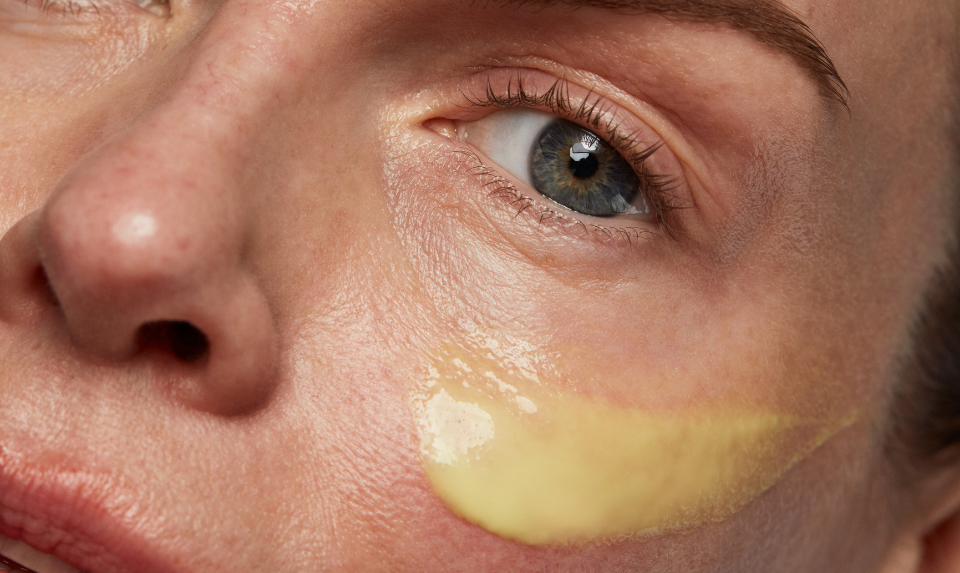This blog post was updated on January 10th, 2022.
Though acne-prone skin is most often associated with pubescent teenagers, adult acne is the most common kind of persistent acne. 51%of women in their 20s struggle with adult onset acne, along with 25% of women in their 30s[1]. No matter what age chronic breakouts begin, having acne or struggling to keep skin clear does more than wreak havoc on your skin. It can zap your confidence, too. As Skin Health Experts, we’re here to show you what’s possible for your skin when you have the right tools available to treat, clear, and prevent breakouts. So let’s start by understanding what causes an acne breakout so we can better know how to treat it.
What Causes Adult Acne?
1. Hormones
Fluctuations in your hormone levels, like those that occur as part of your menstrual cycle, are one of the primary causes of adult acne in females. Specifically to blame are the hormones known as androgens. The unfortunate result of these changes is typically deep and painful cystic acne that appears around and on your chin, neck, and back. If you notice that you tend to get hormonal acne around the time of our period, you can begin to introduce acne treatment and mitigate some of these effects proactively.
2. Stress
Similarly, stress can also cause hormonal changes that can result in acne. As stress within the body increases, a small organ known as the adrenal gland secretes the hormone cortisol, also known as the stress hormone. Unfortunately, as this happens, a small amount of testosterone is also released into the blood and it is this extra bit of hormone that can drive your oil glands to produce excess sebum, or oil, on the skin’s surface which can result in clogged pores. Should stress be the cause of your acne, try to incorporate new stress management techniques and use a spot treatment like the Kate Somerville EradiKate™ Acne Treatment to stop breakouts in their tracks.
3. Pollution
Environmental pollutants can wreak havoc on your skin thanks to tiny molecules known as free radicals, especially if you live in an urban area. Our skin absorbs what is around it and whether or not you can see it, there is a lot of smog and dirt floating around in the air. Using a facial cleanser formulated to fight acne can remove these pollutants from the surface of the skin and combat acne at its source. At Kate Somerville, we have two expertly formulated cleansers for acne or oily-prone skin. We also have a whipped, foaming face wash with sulfur that helps visibly minimize pores and improve skin texture while cleansing.
4. Wrong Products
While you want to be careful not to strip your skin of its natural oils, if you have acne-prone skin, you will want to be sure to use adult acne products that are specifically formulated for your skin type. Topical treatments help to clear away dead skin cells from the hair follicles and clear out clogged pores that are causing the pimples and zits to occur. If you suffer from acne scars, our EradiKate Clarifying Acne Mark Fading Gel is formulated to restore a healthy skin barrier and visibly fade acne scars in as little as three days. Labels like oil-free, non-comedogenic, and water-based are usually a good sign that the product contains ingredients that will not clog your pores. This is particularly important when selecting a facial moisturizer as you do not want to slather on a product that will only exacerbate your skin condition. Our Kate Somerville Oil Free Moisturizer is a popular option for our customers with oily-prone or acne-prone skin.
5. Overwashing
Washing your face on a daily basis helps to clear hair follicles of dead skin cells, wash away impurities from the environment, and prep your skin for serums and creams. A daily facial cleanser is a critical first step to any effective skincare routine. Contrary to what you might think, however, there is such a thing as overwashing your face and it can actually make your acne worse. Cleansing more than twice each day, once in the morning and once at night, will dry out your skin and cause it to produce more oil to compensate. Over-exfoliating can also be damaging to your skin as harsh physical exfoliants can create tiny abrasions on the skin that may become infected, producing more acne. When you choose your products, make sure to balance powerful ingredients with nurturing ones to keep your skin balanced.
6. Diet
Believe it or not, what you eat can directly impact the appearance of your skin. While some studies show that certain foods do, in fact, have a link to acne, there are always exceptions and your skin is unique. Foods containing sugar, dairy, caffeine, gluten, and fried foods have all been known to produce acne. However, rather than giving up all of those foods, try monitoring your skin’s reactions to each. If you start to notice that you break out after eating dairy, limit your dairy intake to minimize your acne.
Developing a better understanding of what causes your acne specifically will help you determine a treatment plan that will get at the source of your acne and prevent future breakouts, not just current ones. As you learn more about your skin and how it reacts to certain things, you will also be able to build a more complete daily routine that nourishes your acne-prone skin and helps create the beautiful, clear skin you have always wanted.
1. https://www.ncbi.nlm.nih.gov/pmc/articles/PMC5300732/



